Weinstein's appeal: a blow to #MeToo
Is 'shocking' reversal of symbolic conviction a sign of weakening movement?
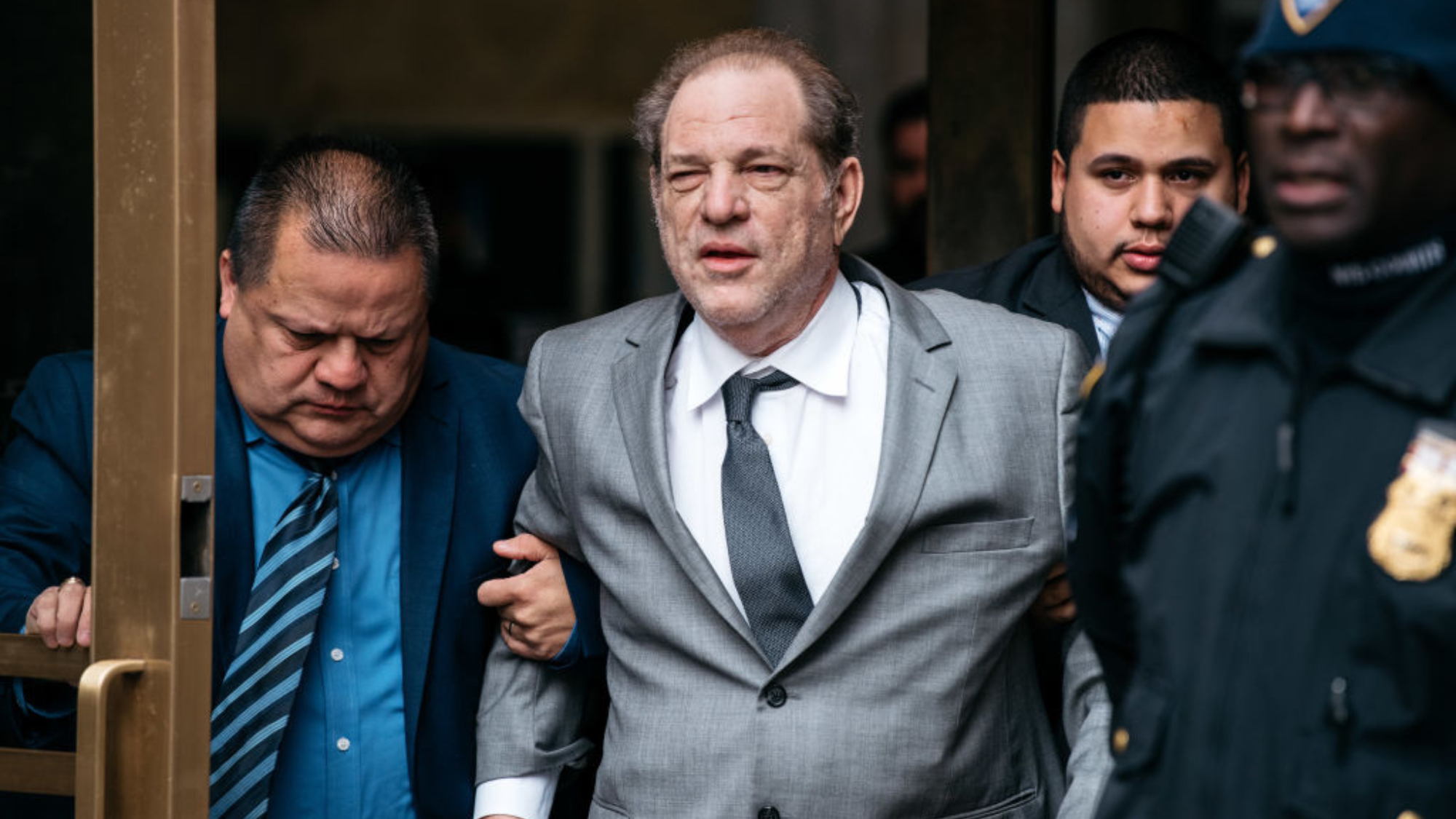
A free daily email with the biggest news stories of the day – and the best features from TheWeek.com
You are now subscribed
Your newsletter sign-up was successful
It was a "brutal" defeat for the cause of women's rights, and for the #MeToo movement, said Moira Donegan in The Guardian. Last Thursday, the 2020 conviction of Harvey Weinstein for rape and sexual assault was overturned by the New York Court of Appeals.
The Hollywood producer's trial had been a "symbolic milestone": after accusations were made against him in 2017, more than 100 women came forward to accuse Weinstein of sexual harassment, assault and rape. Their stories sparked the global #MeToo reckoning and led, eventually, to his conviction.
The new ruling doesn't mean that Weinstein will walk free; he was also convicted of rape in California in 2022 and was sentenced to 16 years in jail. But it does seem like a shocking reversal, an indication that the gains of #MeToo are being lost.
The Week
Escape your echo chamber. Get the facts behind the news, plus analysis from multiple perspectives.

Sign up for The Week's Free Newsletters
From our morning news briefing to a weekly Good News Newsletter, get the best of The Week delivered directly to your inbox.
From our morning news briefing to a weekly Good News Newsletter, get the best of The Week delivered directly to your inbox.
Weinstein 'entitled to due process'
The truth is that the criminal case against him "has been fragile since the day it was filed", said Jodi Kantor in The New York Times. New York prosecutors made "a series of gambles", and ultimately they did not pay off.
While Weinstein's alleged victims "could fill an entire courtroom", only two of them could support a New York criminal trial. (Many of the accusations were of sexual harassment, which is a civil violation, not a criminal one; most did not take place in New York; others fell beyond the statute of limitations.) So prosecutors put a number of women on the stand as so-called "prior bad act" witnesses, to "establish a pattern of predation".
But New York law in this area is complex, and the move risked violating a cardinal rule of criminal trials: "defendants must be judged on the acts they are being charged with".
The appeal court made the right decision, said Melanie McDonagh in the Evening Standard. Weinstein's lawyers argued successfully that the trial was flooded with "irrelevant" evidence. People are "entitled to due process". Even "creeps like Weinstein" are "innocent until proved guilty".
A free daily email with the biggest news stories of the day – and the best features from TheWeek.com
The 'he said, she said' problem
Yet the ruling "highlighted the striking gap between how we've come to believe women inside the courtroom and outside it", said Jessica Bennett in The New York Times.
The difficulty with prosecuting sex crimes is that they generally have few witnesses, and come down to "he said, she said". #MeToo seemed to offer a way round that: an "army of voices" could be assembled to show a pattern of offending, to support individual women's testimony. In other states, prosecutors are given more latitude.
The case will "revive debate about whether the rules for such convictions need to be updated".
-
 Local elections 2026: where are they and who is expected to win?
Local elections 2026: where are they and who is expected to win?The Explainer Labour is braced for heavy losses and U-turn on postponing some council elections hasn’t helped the party’s prospects
-
 6 of the world’s most accessible destinations
6 of the world’s most accessible destinationsThe Week Recommends Experience all of Berlin, Singapore and Sydney
-
 How the FCC’s ‘equal time’ rule works
How the FCC’s ‘equal time’ rule worksIn the Spotlight The law is at the heart of the Colbert-CBS conflict
-
 The Epstein files: glimpses of a deeply disturbing world
The Epstein files: glimpses of a deeply disturbing worldIn the Spotlight Trove of released documents paint a picture of depravity and privilege in which men hold the cards, and women are powerless or peripheral
-
 Death in Minneapolis: a shooting dividing the US
Death in Minneapolis: a shooting dividing the USIn the Spotlight Federal response to Renee Good’s shooting suggest priority is ‘vilifying Trump’s perceived enemies rather than informing the public’
-
 How the Bondi massacre unfolded
How the Bondi massacre unfoldedIn Depth Deadly terrorist attack during Hanukkah celebration in Sydney prompts review of Australia’s gun control laws and reckoning over global rise in antisemitism
-
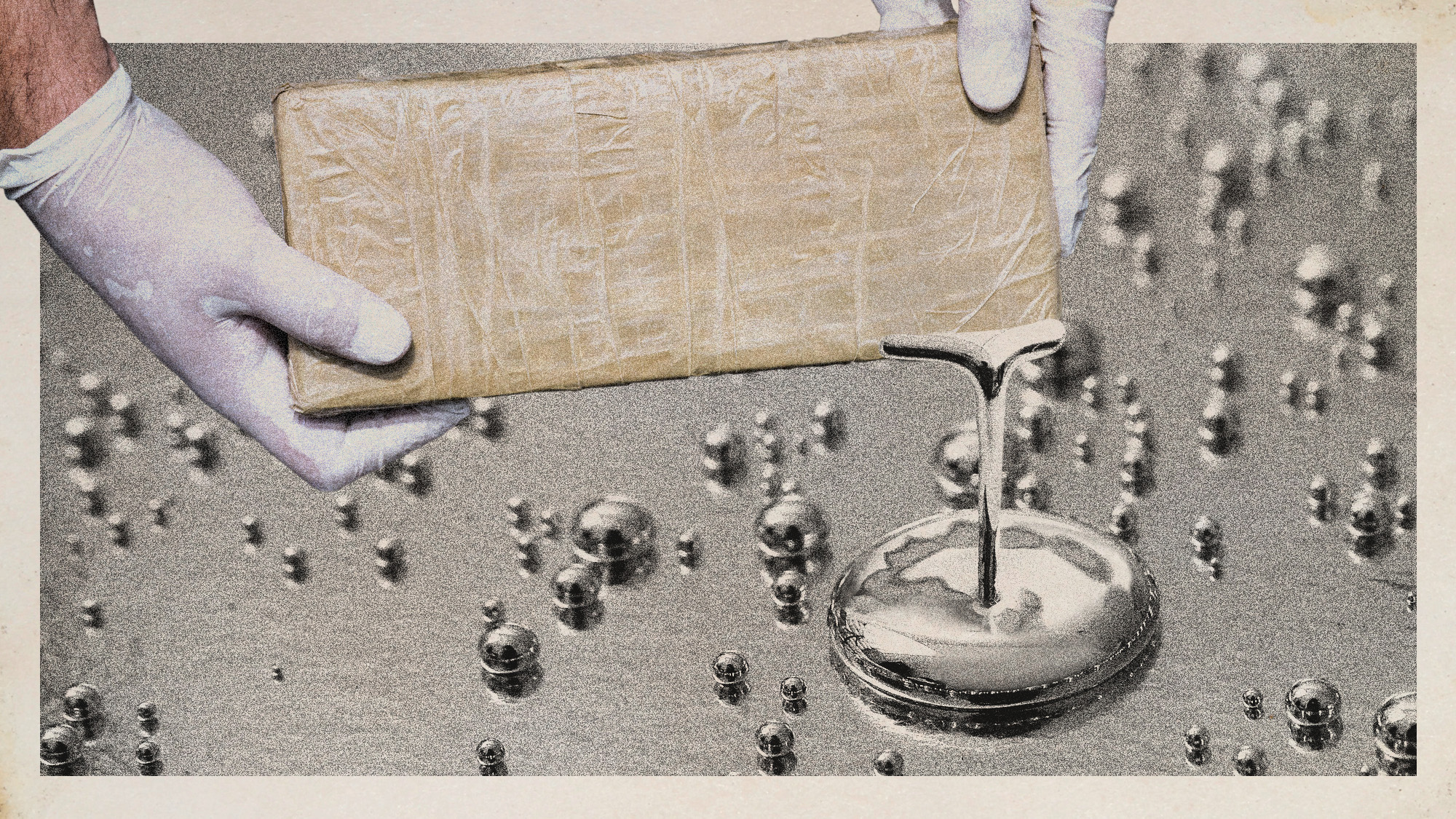 Illicit mercury is poisoning the Amazon
Illicit mercury is poisoning the AmazonUnder the Radar 'Essential' to illegal gold mining, toxic mercury is being trafficked across Latin America, 'fuelling violence' and 'environmental devastation'
-
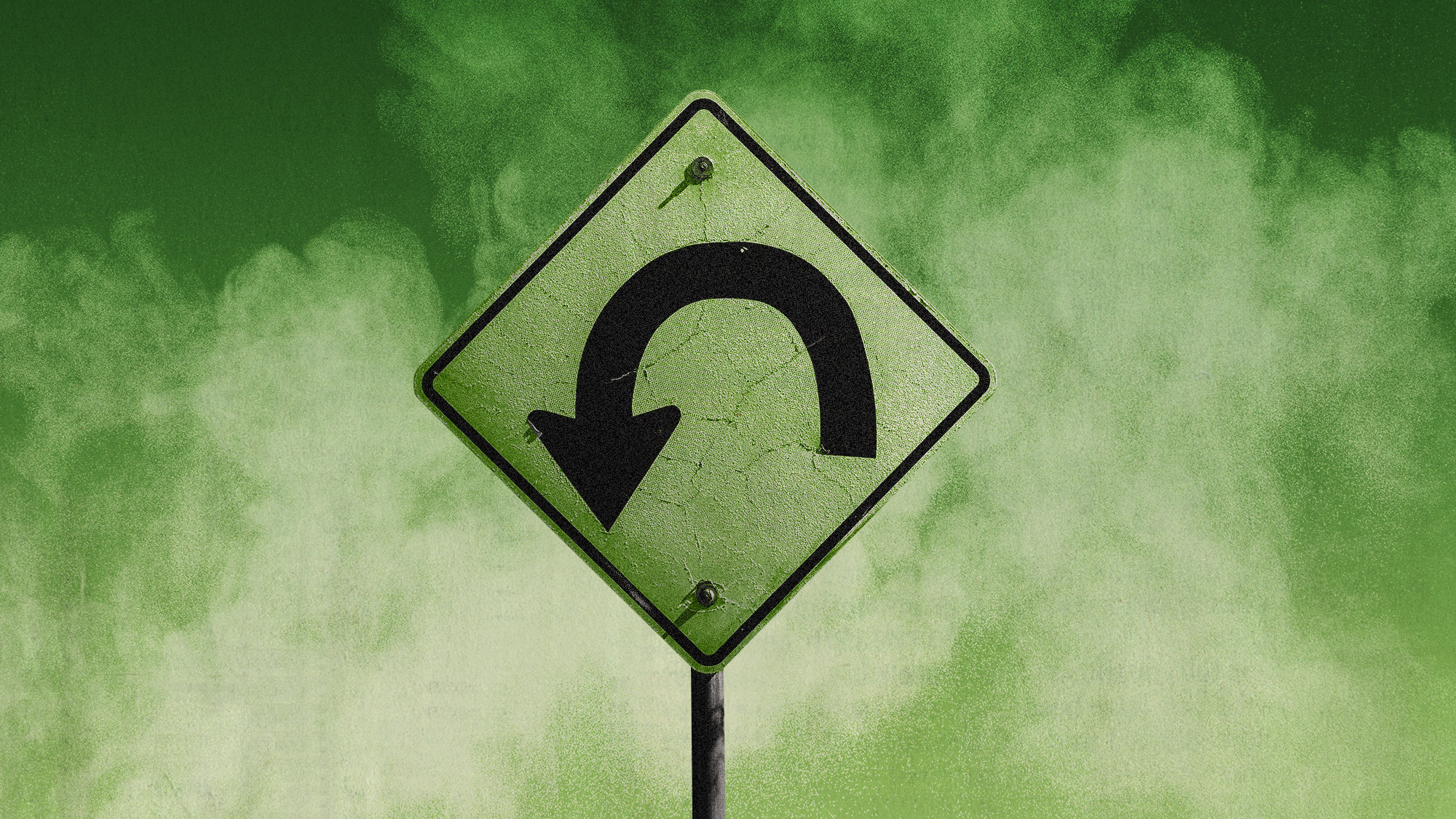 Thailand is rolling back on its legal cannabis empire
Thailand is rolling back on its legal cannabis empireUnder the Radar Government restricts cannabis use to medical purposes only and threatens to re-criminalise altogether, sparking fears for the $1 billion industry
-
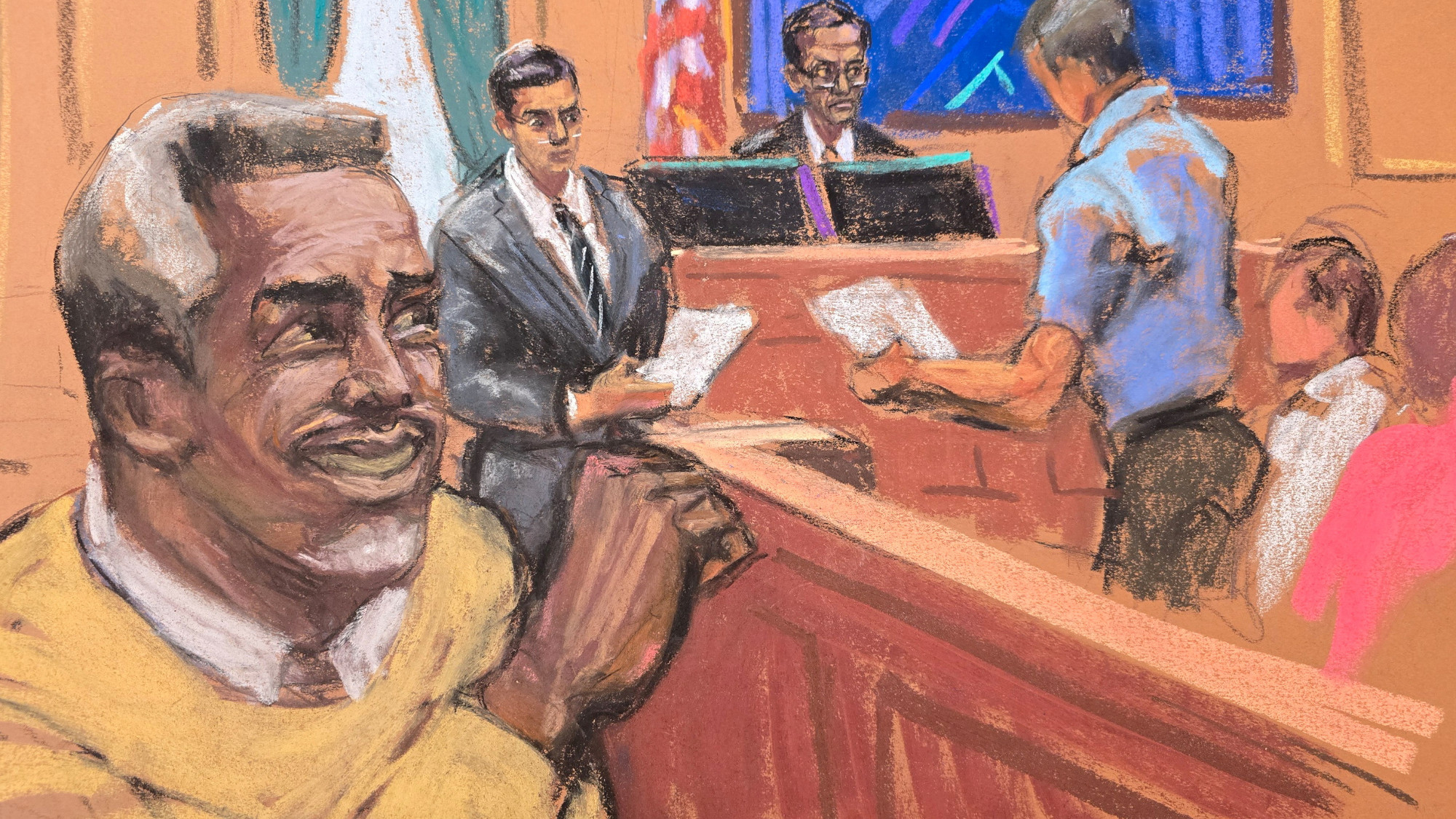 Diddy: An abuser who escaped justice?
Diddy: An abuser who escaped justice?Feature The jury cleared Sean Combs of major charges but found him guilty of lesser offenses
-
 Crime: Why murder rates are plummeting
Crime: Why murder rates are plummetingFeature Despite public fears, murder rates have dropped nationwide for the third year in a row
-
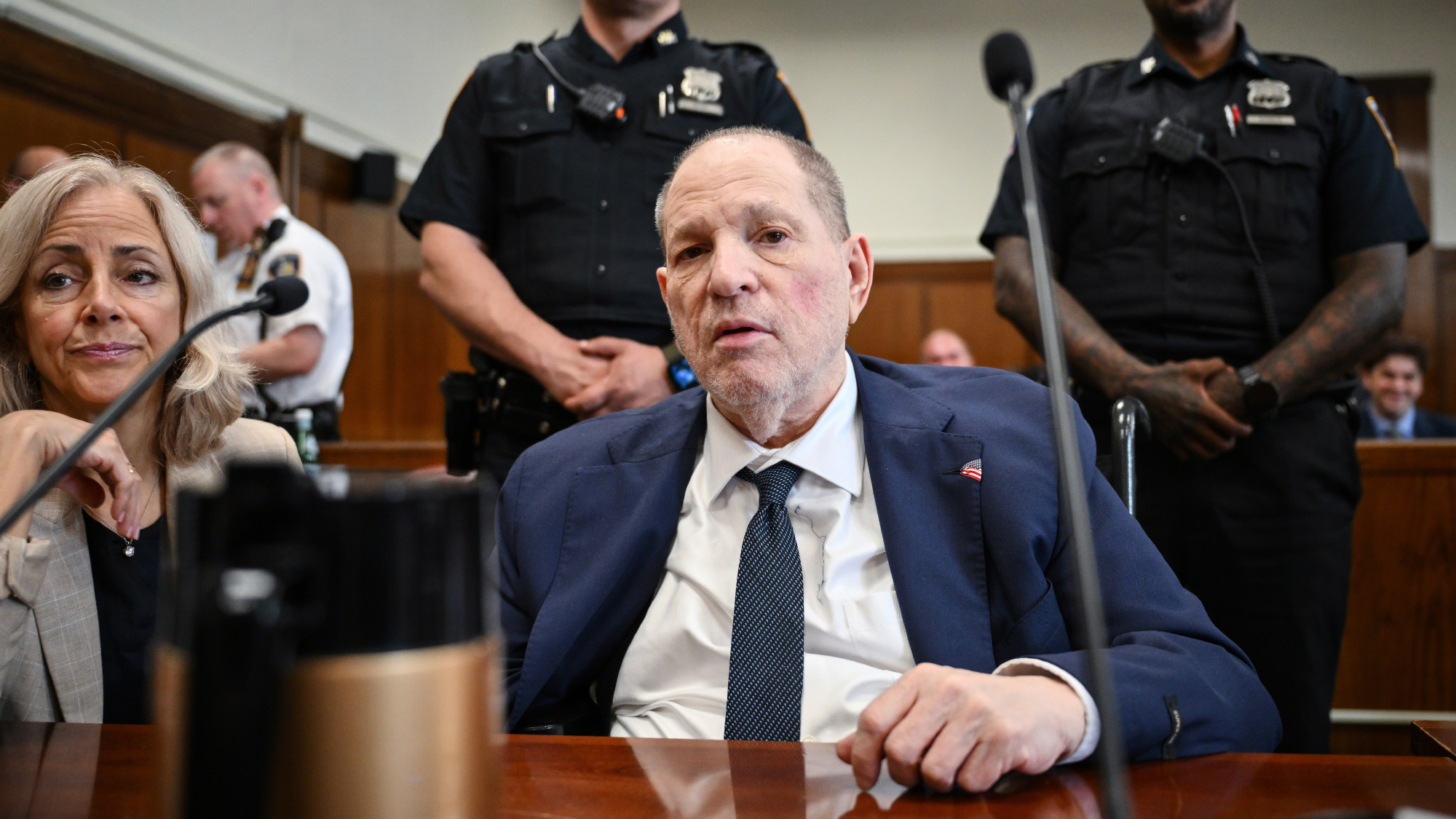 Weinstein convicted of sex crime in retrial
Weinstein convicted of sex crime in retrialSpeed Read The New York jury delivered a mixed and partial verdict at the disgraced Hollywood producer's retrial